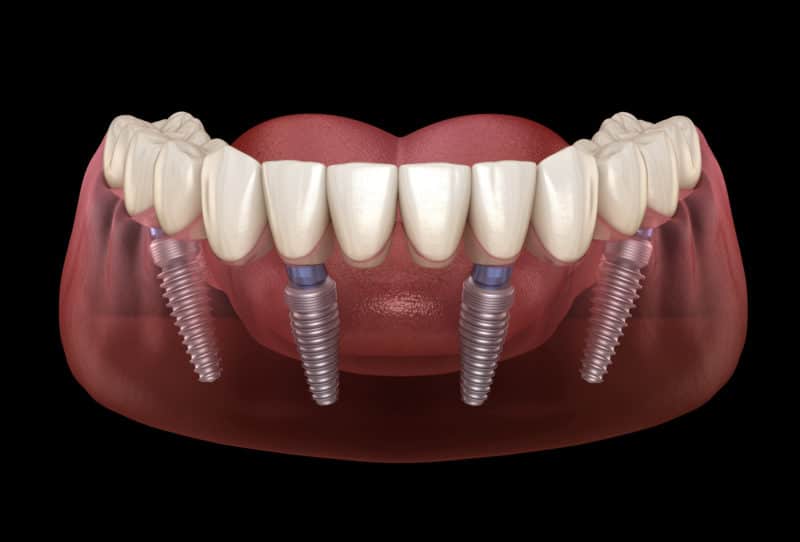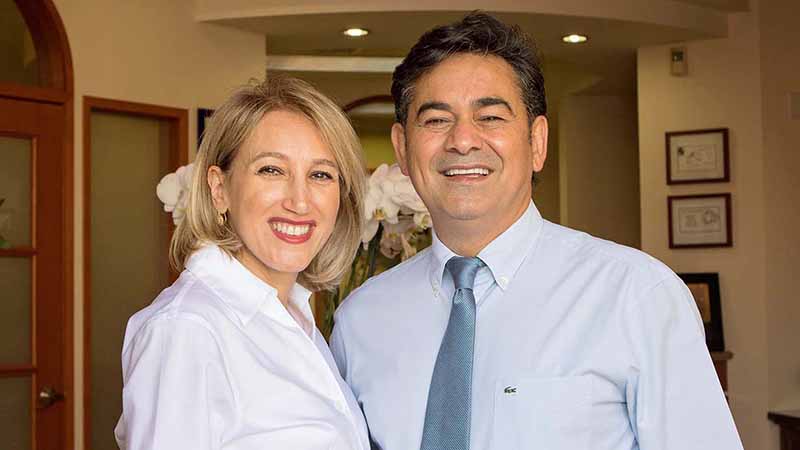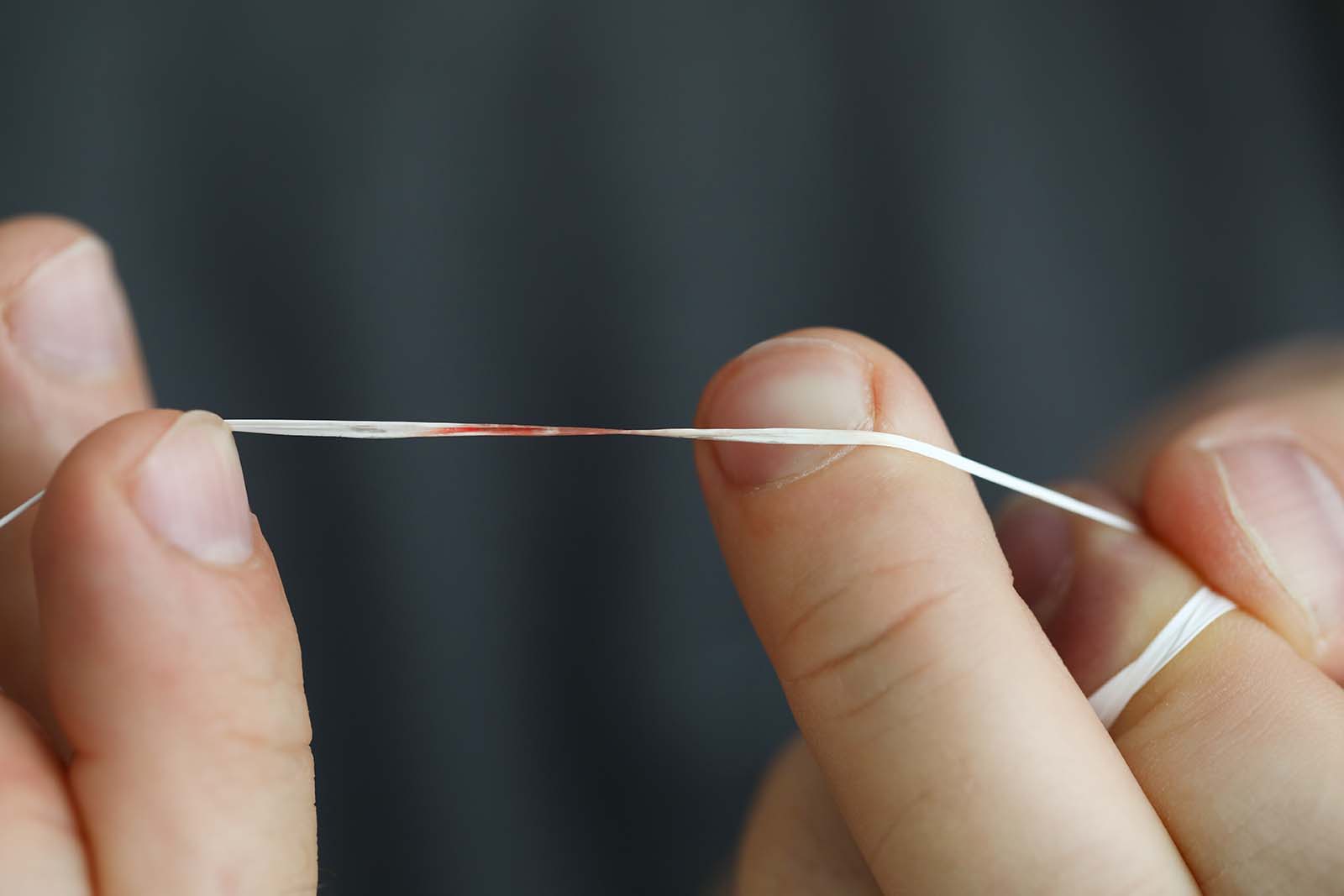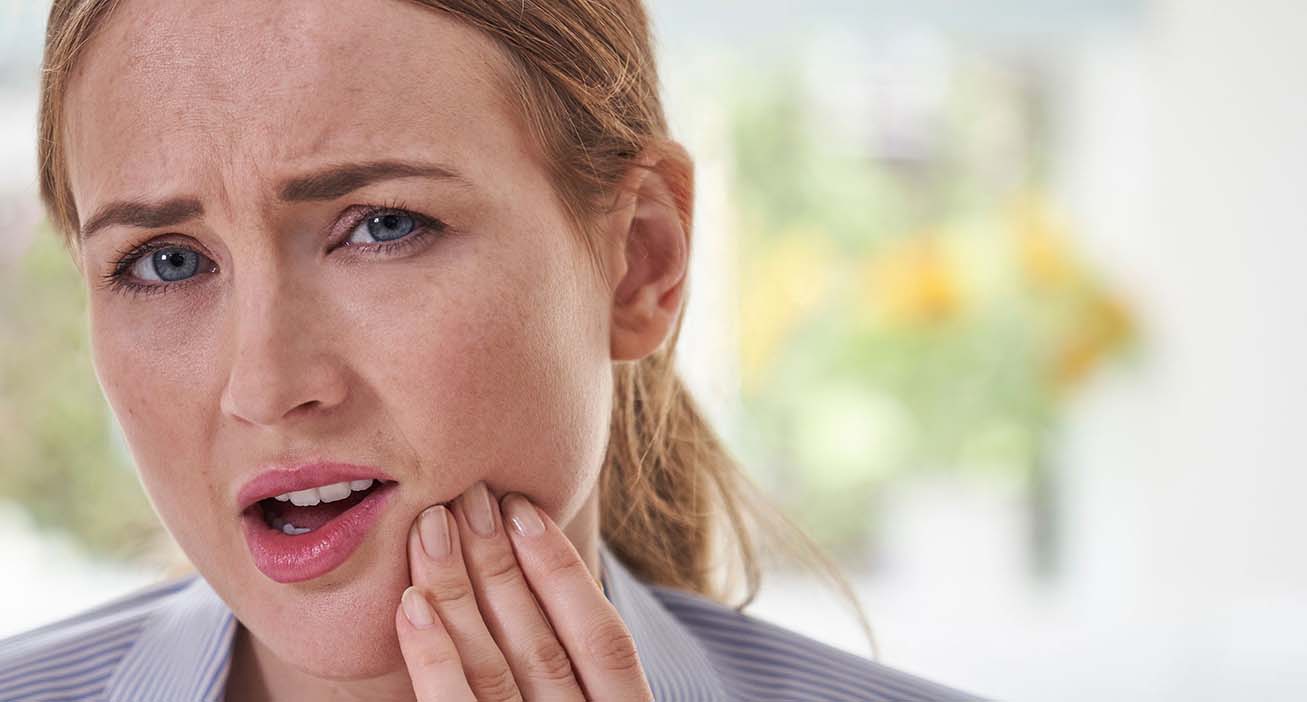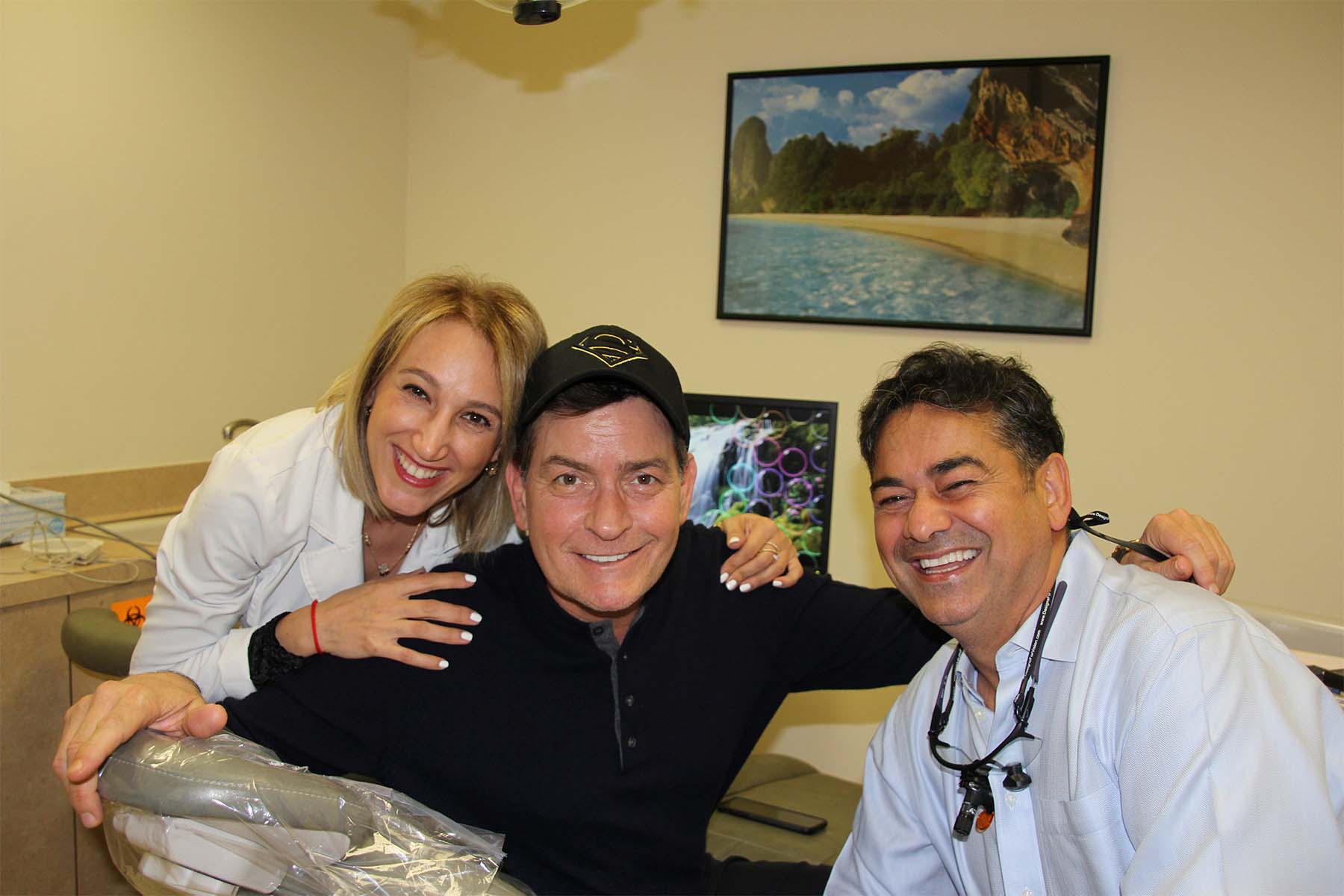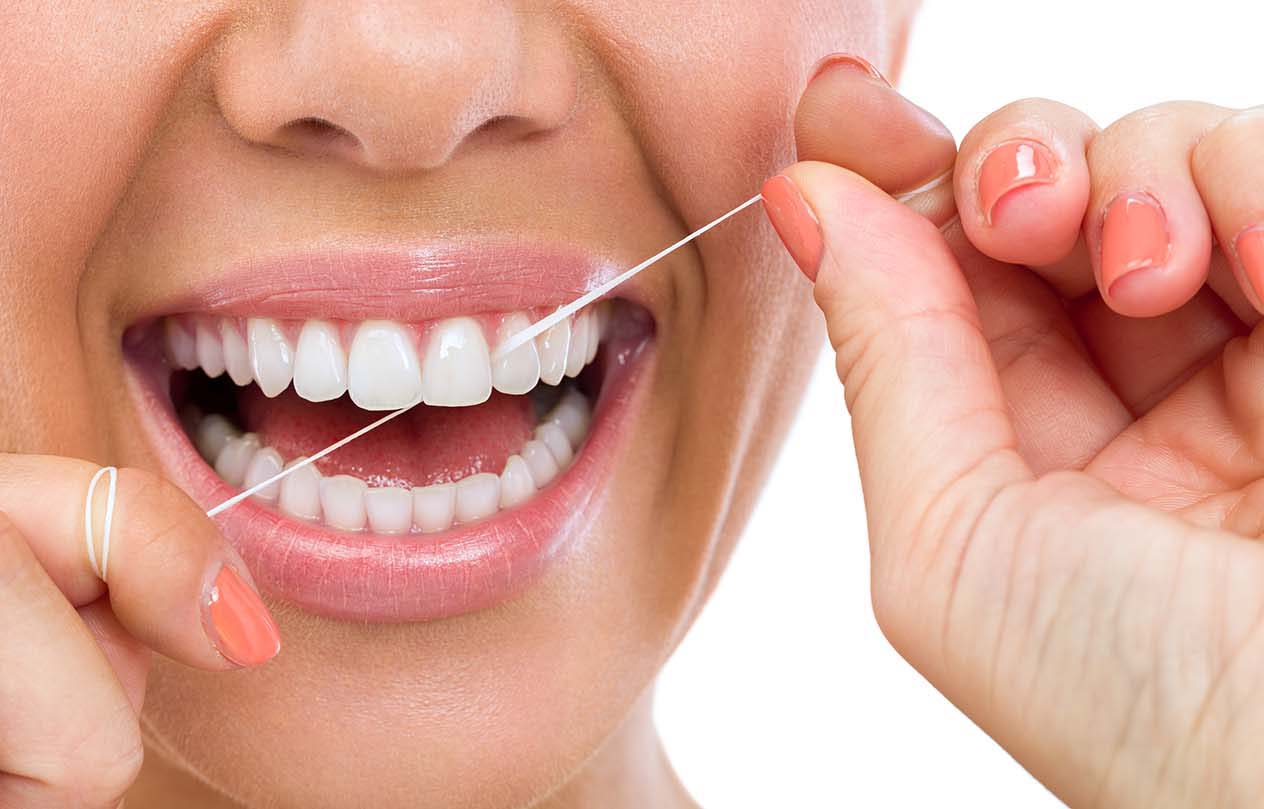Dental implants can fail due to a range of issues, from the body’s reaction to foreign materials to insufficient bone density and improper care. Let’s explore how these factors and more can impact the success of dental implants.
Dental implants from Southland Dental Care are an excellent solution for missing teeth. These prosthetic teeth look and work like real ones. Dr. Hanookai, with the highest success rate locally, acknowledges that implants can sometimes fail. Success depends on many factors, including technology, bone density, hygiene, and overall health. Understanding these elements helps us create tailored, effective treatment plans.

Quality of Implants
At Southland Dental Care, led by Los Angeles’ top implantologist, we prioritize high-quality implants. With various manufacturers available, we advise caution, as not all have undergone evaluation. Dr. Hanookai prefers Swedish-made dental implants due to their high success rates, ensuring optimal outcomes for our patients. This approach underscores our commitment to safety and effectiveness in dental care.
Failed Osseointegration
After placing your implant, osseointegration begins, fusing the jawbone and implant. If fusion fails, the implant may loosen or fall out, indicating failure. Dr. Hanookai ensures sufficient bone for support, reducing failure risks.
If Dr. Hanookai determines you do not have enough bone to support an implant, she may recommend a bone graft first in order to provide you with the highest success rate possible.
Aside from inadequate bone structure, a few other causes of failed osseointegration include:
- Sudden force to the teeth or gums before osseointegration is complete
- Damage to the surrounding tissues
- Fractured implants
- Infection (Peri-Implantitis)
Anyone can be subject to an infection despite being treated by the best dentist in Los Angeles. Peri-implantitis is a common infection that affects the tissues surrounding dental implants. This infection can cause inflammation of the gums, and could even spread to the bone surrounding the implant. A number of things can cause it, including poor dental hygiene or dental cement that escapes from underneath the crown and becomes caught in the gums.
If you experience peri-implantitis, you will need to be seen right away by Dr. Hanookai, who is considered by many to be the best implantologist in Los Angeles. She will then determine if you simply need more conventional treatment to eliminate the infection or should consider removing the implant altogether.
Nerve or Other Tissue Damage
Implant placement involves careful insertion of a titanium screw into the gums and jawbone by top Los Angeles implantologists. They aim to avoid damaging sensitive surrounding nerves, as harm could lead to severe pain, tingling, or numbness. These effects may extend beyond the tooth to the tongue, lips, gums, cheek, or chin, highlighting the procedure’s precision requirement.
The improper placement of dental implants can also affect surrounding tissue. When this happens, you may experience more pain than usual coupled with heavy bleeding. You might also have more moderate bleeding that does not go away within a few days. If you notice any signs of tissue damage, immediately seek help from Dr. Hanookai, widely regarded as Sherman Oaks’ top dentist.
Immediate Loading
Dental implants usually require two visits. Dr. Hanookai places the implant during the first visit and attaches a dental crown six to twelve weeks later. This two-stage process allows the bone plenty of time to fuse with the implant before adding a crown. However, in some cases a dentist may perform immediate loading, which involves placing the crown and abutment during the same appointment.
While there are some benefits to immediate loading, the best implantologist in Los Angeles will nonetheless approach this method with caution. Patients with significant bone loss are not good candidates for this treatment, and should therefore commit to a two-step procedure. During your consultation, Dr. Hanookai may determine there are other factors that would make you ineligible for immediate loading. Please follow her advice carefully to ensure the highest success rate possible for your implants.
Sinus Difficulties
Dental implants on the upper teeth may affect the sinuses, leading to possible infection or inflammation. Dr. Hanookai may use an X-ray to check if an implant is causing sinus issues. If an implant causes problems, removal might be necessary. Always inform Dr. Hanookai about any sinus conditions before surgery for the best outcomes. This approach simplifies understanding and improves readability.
Foreign Body Rejection/Metal Allergy
Your body might see dental implants as foreign and reject them, or you could be allergic to titanium or other metals in the implant. If you haven’t had metal implants before, it’s hard to predict your body’s reaction until after the dental implant is in place.
A MELISA test is used to determine whether you have an allergy to titanium or another metal. If the results are positive, you may need to have your implant surgically removed. Some signs you may have a metal allergy include itchiness and chronic fatigue. Should your body reject the implant, you may notice it being loose or wobbly; in some instances, it may fall out completely.
During your consultation, inform Dr. Hanookai about any past rejections of foreign objects like pins or medical devices. Mention metal allergies, particularly to jewelry. Sometimes, alternative implants solve these issues. However, dental implants might not be suitable for everyone.
Clenching or Grinding the Teeth
Repeated clenching or grinding of the teeth can cause an enormous amount of pressure on dental implants, and could ultimately lead to their failure. Many people also suffer from bruxism, a condition that involves clenching or grinding the teeth while sleeping. Just because you clench or grind your teeth does not mean you cannot have dental implants, but it does mean you should take some additional precautions. You must make a conscious effort to avoid grinding your teeth during the day. In addition, you my need to wear night guards, which are appliances that sit over top of the teeth to protect them, while you sleep.
You might not realize you’re clenching or grinding your teeth, so it’s important to identify this behavior to take the necessary precautions.
Miscellaneous Factors
Finally, there are a few factors that are out of the control of even the best dentist in Sherman Oaks. Those with one or more of the following factors are more likely to suffer from failed dental implants, even when they are inserted correctly:
Smoking-cigarette smoke affects blood circulation in the gums and also makes it more difficult to form new bone
Heredity-you may be more susceptible to having a failed dental implant if someone in your family has also suffered from one
Taking certain oral or intravenous biphosphates such as those used to treat osteoporosis
Poor dental hygiene-implants must be brushed and flossed just like your regular teeth; otherwise, you are susceptible to losing them
Accident or injury-It is not possible to predict whether or not your implants could be affected by a future accident or injury. However, you can take measures to protect your teeth such as wearing a mouth guard when you are playing contact sports
What to do if an Implant Fails?
What should you do if an implant fails? The good news is that in many cases, the best implantologist in Sherman Oaks can sometimes save your implant if the problem is caught early enough. In other cases, a new implant can be placed in the same location as the first one. Should a second implant fail, this is a strong sign that your bone structure is inadequate or that your body is rejecting the implant. In that instance, Dr. Hanookai will likely explore other options rather than trying an implant a third time. These options could include a dental bridge, veneers, or even a partial plate.
Here at Southland Dental care, we have the highest success rate of any area practice when it comes to dental implants. Dr. Hanookai is considered the best implantologist in Los Angeles by many, and will take every possible precaution to keep your implants from failing. If you are in need of dental implants, please contact us today.
Gain deeper insights into dental implant failure with relevant research available on PubMed.





